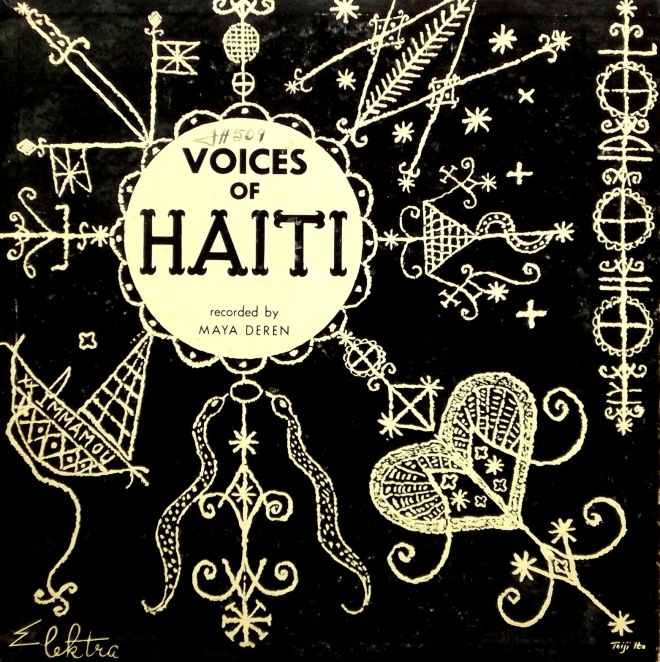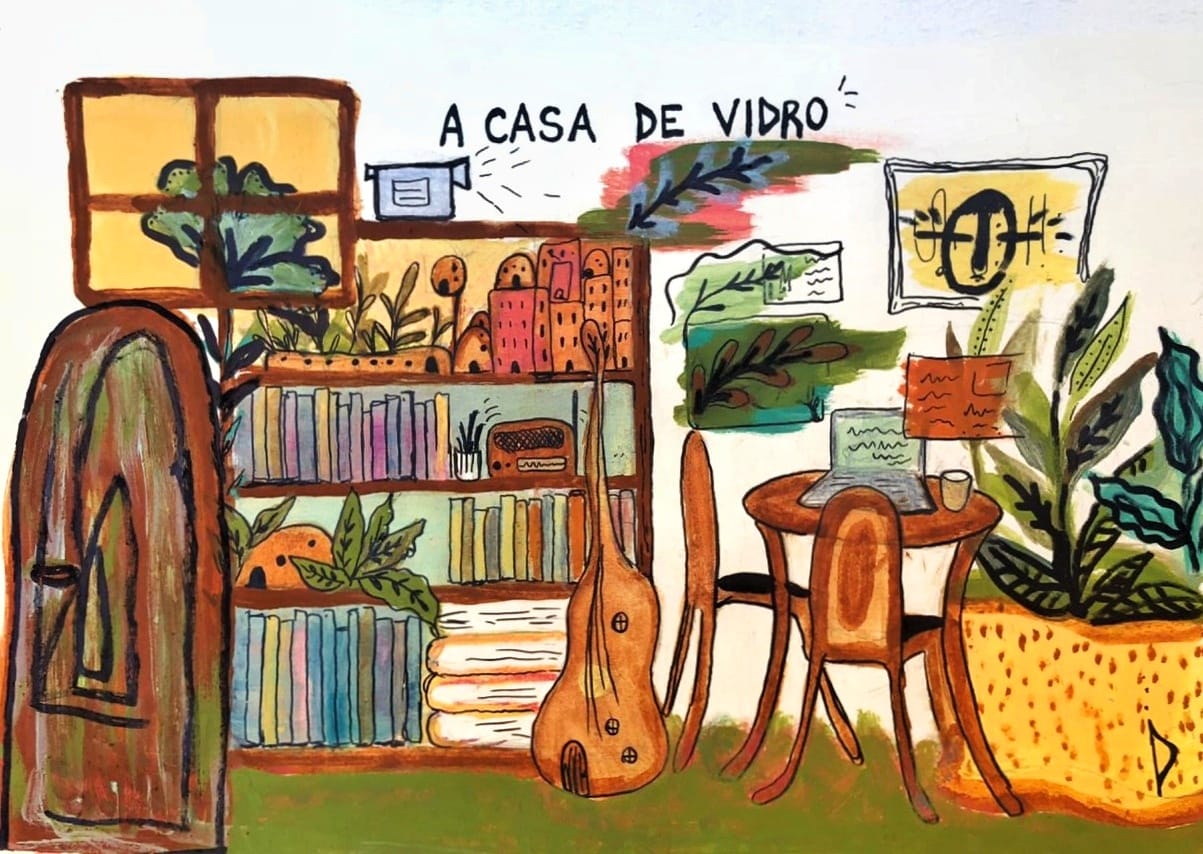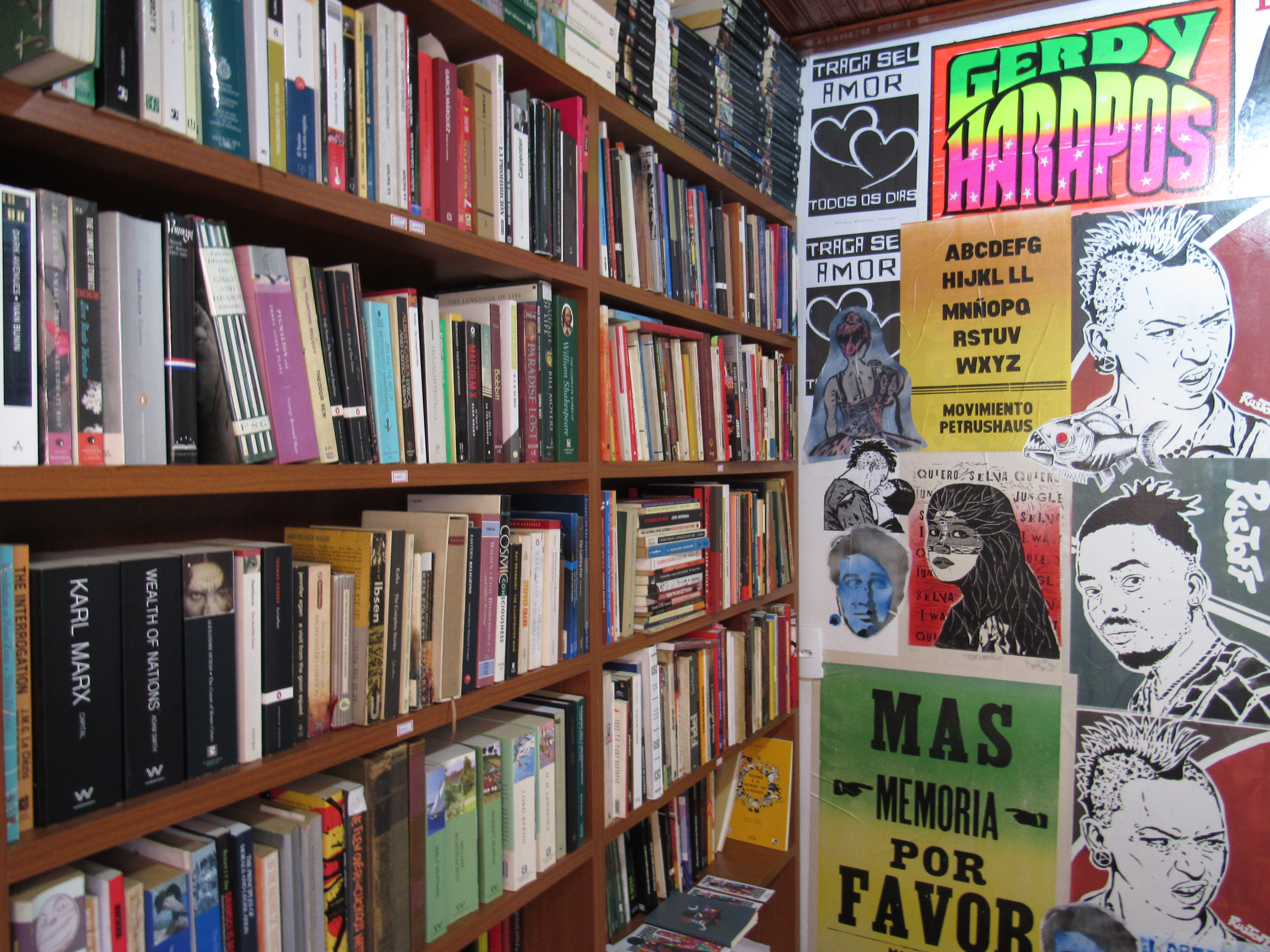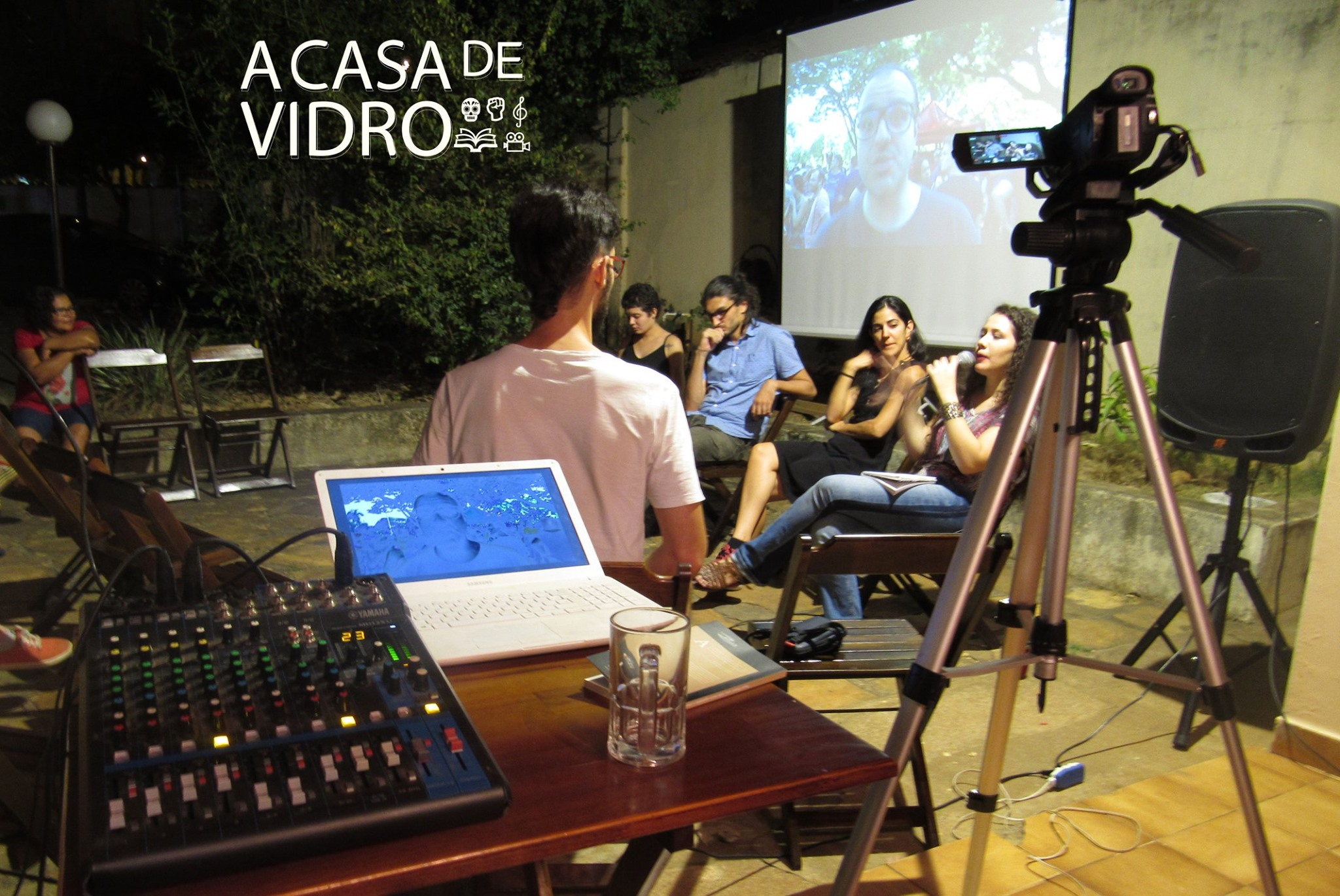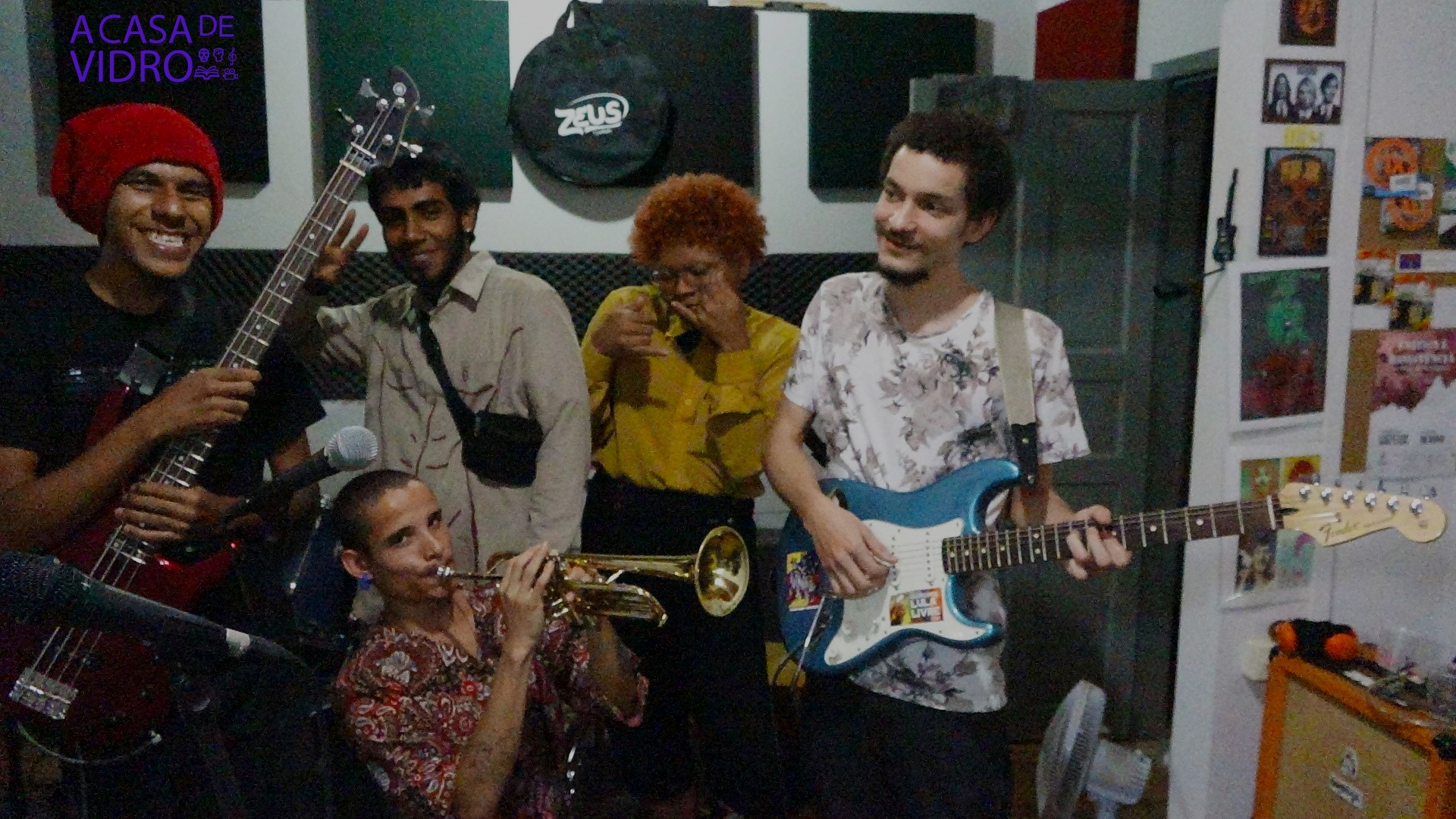“Os Jacobinos Negros”, de C. L. R. James + Maya Deren no Haiti (documentário + LP com gravações Voodoo)
THE BLACK JACOBINS
From the author’s preface:
“In 1789 the French West Indian colony of San Domingo supplied 2/3 of the overseas trade of France and was the greatest individual market for the European slave-trade. It was an integral part of the economic life of the age, the greatest colony in the world, the pride of France, and the envy of every other imperialist nation. The whole structure rested on the labour of 500.000 slaves.
In August 1791, after 2 years of the French Revolution and its repercussions in San Domingo, the slaves revolted. The struggle lasted for 12 years. The slaves defeated in turn the local whites and the soldiers of the French monarchy, a Spanish invasion, a British expedition of some 60.000 men, and a French expedition of similar size under Bonaparte’s brother-in-law. The defeat of Bonaparte’s expedition in 1803 resulted in the establishment of the Negro state of Haiti which has lasted to this day.
The revolt is the only successful slave revolt in history, and the odds it had to overcome is evidence of the magnitude of the interests that were involved. The transformation of slaves, trembling in hundreds before a single white man, into a people able to organise themselves and defeat the most powerful European nations of their day, is one of the great epics of revolutionary struggle and achievement. Why and how this happened is the theme of this book.”
* * * * *
From The New York Times:
“Mr. James is not afraid to touch his pen with the flame of ardent personal feeling – a sense of justice, love of freedom, admiration for heroism, hatred for tyranny and his detailed, richly documented and dramatically written book holds a deep and lasting interest.”
Download e-book in english (PDF, 19 mb)
New York: Vintage Books.
* * * * *
[youtube id=http://youtu.be/IOGVgQYX6SU]
[youtube id=http://youtu.be/Sqh1h8SEcEc]
* * * * *
“The belief that the proper performance of a sacred formula of symbols or sounds is the means by which man achieves contact with divine powers is a basic principle not only of Voudoun, but of every religion. Such formulae were known as mantras in ancient Sanskrit, and this is still the term for all such ritual action, whether the chants of the Muslim muezzin or the saying of the Catholic rosary. The use of mantras is as ancient and as universal as man’s desire to improve his condition and secure his destiny. It is as prevailing as the proud conviction of each man that his weaknesses and inadequaceis are, by and large, common to all men and that, consequently, the power which is sufficiently superior to sustain and fortify him is one which is superior to man altogether. In times of need a man may seek to enlist such assistance by magic means. (…) If the songs and drumming achieve the compelling power which I believe is represented in this album it is because the microphone, lashed to the center post of the ceremonial peristyle, has captured a record not of men and women at play, not of their relaxed spontaneities, nor of their effort to create an art work for other men or for the satisfaction of any employer. It is a record of labor, of the most serious and vital effort which a Haitian makes, for he is here laboring for divine reward, addressing himself not to men but to divinity. They are singing for the gods. It is a privilege to have overheard and to have recorded it.” -Maya Deren
VOICES OF HAITI >>> DOWNLOAD – MIRROR
side one:
a1- Creole O Voudoun (yanvalou) 5:02
a2- Ayizan Marche (zepaules) 3:23
a3- Signaleagwe Orroyo (yanvalou) 3:37
a4- Zulie Banda (banda) 3:09
a5- Ibo Lele (ibo) 1:16side two:
b1- Ghede Nimbo (mahi) 4:39
b2- Nogo Jaco Colocoto (nago crabino) 2:50
b3- Miro Miba (congo) 2:59
b4- Po’ Drapeaux (petro mazonnei) 5:49Recorded during ceremonials near Croix Des Missions and Petionville in Haiti by Maya Deren in 1953.
[youtube id=http://youtu.be/3OsEVltJVk4]
The Divine Horsemen: The Living Gods of Haiti
Full Documentary. Directed by Maya Deren.
Publicado em: 04/04/14
De autoria: casadevidro247


